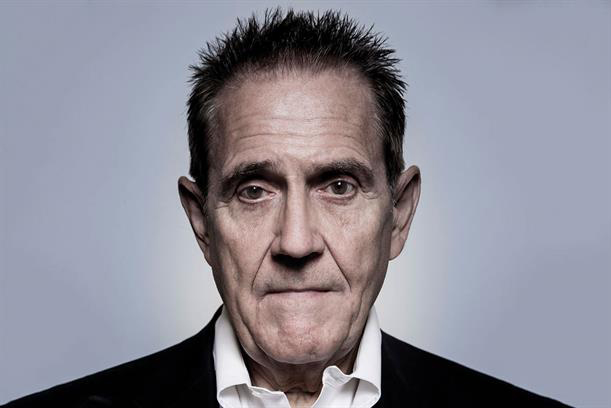If you go back 40 years, there was no question who made the best wine in the world.
Of course it was the French, always had been, always would be.
Anything else was a substitute, a cheaper imitation.
Steven Spurrier was a British wine merchant trying to sell Californian wines in France.
He wanted to show French wines may be the best, but his wines were good, too.
So in 1976, he arranged a tasting and chose the top French wine experts.
Among them were Odette Kahn, editor of La Revue du vin de France, Michel Dovaz of The Wine Institute of France, Pierre Brejoux of the Institute of Appellations of Origin, and six other top French sommeliers.
They were to taste the best Californian Chardonnays against the best of the French, and the best Californian Cabernet Sauvignon against the best French Bordeaux.
For the French media, it was so ridiculous that not a single journalist turned up.
It was insulting, the idea that French wine could even be compared with American.
A single American journalist showed up, George M Taber from Time Magazine.
Luckily he did, because he was able to witness fair play.
And, in the blind tasting, he watched in amazement as the French experts patronisingly sneered at the "American" wines (which were actually French) and loudly preferred the French wines (which were actually American).
All the French judges preferred American wines in every category over French wines.
All the French media refused to even report the event.
Except for Le Monde and Figaro, which referred to it as "ridiculous" and "laughable".
Kahn demanded her ballot back, she had chosen the Californian wines as the best overall.
Spurrier, the event organiser, was banned from France’s prestigious wine-tasting.
Wine expert David White says that event "totally changed the game".
Everyone saw that French wine’s superiority was a myth.
It rested on the French belief that soil, weather, history, culture, and age-old methodology would always produce a superior wine.
Consequently, France had become complacent, and fallen behind.
The younger countries were trying the newest techniques and technology in all areas.
The unthinkable happened, they were now ahead of France.
It showed that French vineyards were able to charge a premium simply because everyone assumed they were better.
No-one questioned it because the belief was bigger than the reality.
Thirty years later, in 2006, the event was repeated, and the results were confirmed.
In blind tasting, all the Californian wines were again preferred to all the French wines.
Nowadays no-one expects French wines to automatically be the best.
Nowadays we automatically accept that the best can come from anywhere.
So it is with everything.
Something is an accepted fact, so obvious that it isn’t even worth questioning.
Until it’s proved not to be a fact after all.
Then the new reality takes over and that becomes a fact that can’t be questioned.
You think we’d eventually learn that there aren’t any facts that can’t be questioned.
Especially in advertising and marketing.
Anything that can’t be questioned is exactly the point where we are most vulnerable.
As a French wine expert later said: "No-one beat us, we beat ourselves. Just as the English didn’t beat us at Agincourt – we beat ourselves with our arrogance and complacency."
Dave Trott is the author of Creative Mischief, Predatory Thinking and One Plus One Equals Three


